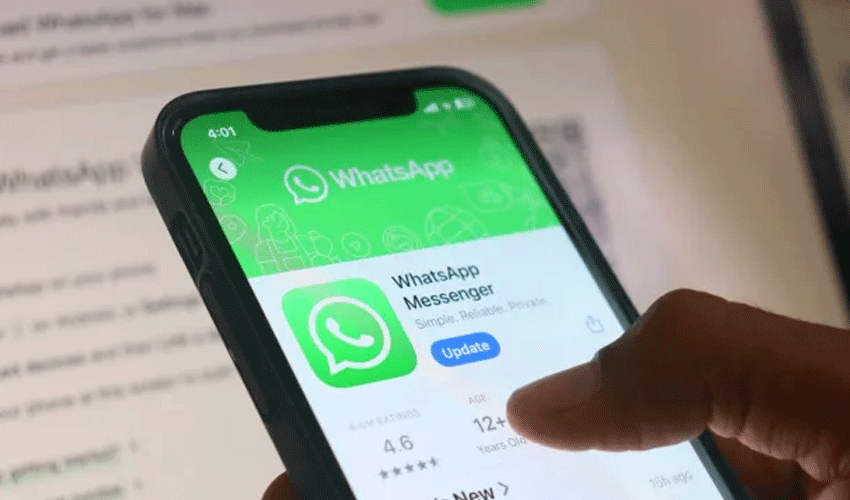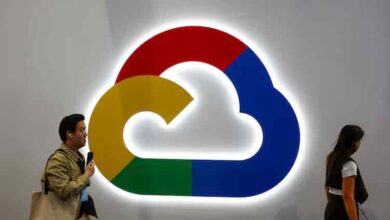WhatsApp has announced the introduction of monetisation features aimed at businesses and content creators, with tools now being integrated directly into its “Updates” tab.
The update, detailed in a blog post on Monday, is part of Meta’s broader effort to generate new revenue streams across its messaging services. According to WhatsApp, the tools will remain distinct from the private messaging experience and will be limited to the “Updates” section — which includes both Status and Channels.
“Today we’re introducing some new features for our Updates tab, which is home to both Channels and Status,” the company said, clarifying that these changes would not impact user chats. “These new features will appear only on the Updates tab, away from your chats.”
Among the newly introduced features is Channel Subscription, allowing users to financially support their favourite creators through monthly payments in exchange for exclusive content.
Another notable addition is Promoted Channels, which will enable creators and businesses to increase their visibility by appearing as recommended channels in the directory. The feature is expected to support discoverability for emerging creators and small businesses alike.
WhatsApp also announced the integration of Ads in Status, marking the platform’s first foray into direct advertising within the app’s stories-style content. Businesses will be able to place ads in the Status section, encouraging user engagement and potential conversions via direct messaging.
In response to privacy concerns, WhatsApp said that ad targeting will rely on limited signals, including a user’s location, language, and interaction within the Updates tab. For those who link their WhatsApp accounts to Meta’s broader ecosystem through the Accounts Center, their activity on Facebook and Instagram may also inform the ads they see.
Despite the introduction of advertising, WhatsApp reaffirmed its commitment to privacy.
“Like everything we do at WhatsApp, we’ve built these features in the most private way possible,” the company said. It further assured that personal messages, group chats, and calls remain protected by end-to-end encryption, and that users’ phone numbers and private messages will not be shared with advertisers.







